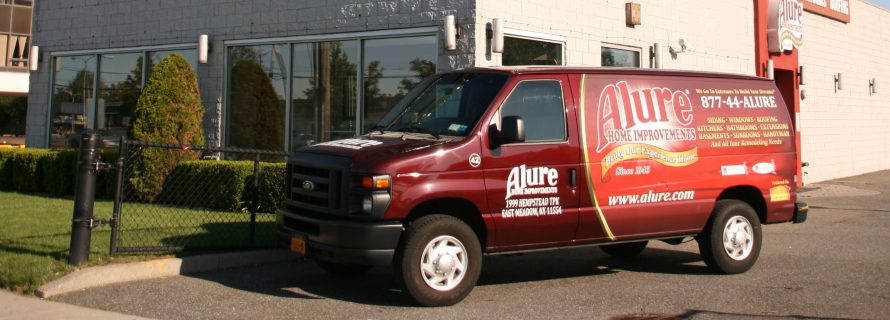What to do after the storm – Hurricane Reminders

Biggest Dangers After a Hurricane
- Downed wires. STAY AWAY Notify authorities as necessary. Even touching a tree that is exposed to downed wires is dangerous. The same goes for standing in water that is near a downed wire. Use extreme caution
- Use common sense when handling broken glass, sharp metal, splintered wood and even for removal of wet materials from basements. Use gloves and other protective clothing whenever possible.
- Use caution when inspecting broken limbs hanging from trees and or areas of a home or building damaged by a storm. Unless inspected for structural integrity, when in doubt, stay out.
- Water quality can be compromised. Refer to local media sources for information. You may be required to boil water before use.
- Cooking on a camp stove and or using a charcoal or gas grill is never acceptable indoors. Even in a garage or an enclosed porch, FIRE is a real hazard. First Responders are likely to already be engaged and resources may be stretched thin.
- Using a portable generator is never acceptable indoors. Locating the generator in the basement or garage can quickly lead to the build up of poisonous Carbon Monoxide Gas and can be fatal to you and your family.
- Never attempt to drive through a flooded area. Depth of water and the presence of an actual current is unknown and especially hard to detect at night.
Hurricane Cleanup and Repairs
- Regarding downed trees and other debris: The homeowner is responsible for what falls onto their property.
- Pictures and or video (even on a cell phone) of damage are required for most insurance claims and should be taken before any temporary repairs are affected. The insurance adjuster will review these and is the expert on what coverage your policy allows. Pictures give them the best possible chance to assess your individual claim.
- Estimate for repairs: When selecting a contractor always ask for assurances they have been background screened, are trained and OSHA compliant, and have a proven record of customer service. Most of this information should be available on-line.
- A reputable contractor should also have proof of liability insurance and workers compensation insurance.
- Be wary of any contractor who may rush your decision or presents a price that is only good now or never and may even offer a discount for payment in cash.
- Some types of repairs may require a reasonable down payment. Never make any payments in cash. These payments are acceptable with a check or credit card.
- Always get a written contract that clearly states all work that is to be performed.
- Never pay for any work up front. Inspect the work that has been done when completed and only pay when completely satisfied.
- Paying in cash is the most widely used source of construction scams.
From CPSC (Consumer Product Safety Commission) & USFA (U.S. Fire Administration)
Search Our Blog
- Additions and New Construction
- All Exteriors
- Alterations
- Basements
- Bathrooms
- Customer Service
- Customer Stories
- Decks
- Design & Planning Show
- DIY
- Doors
- Educational Resources
- Extreme Makeover Home Edition
- Fashion Show
- General Remodeling
- Green Living
- Handyman Home Services
- Home Decor
- Home Entertainment
- Home Improvement
- Home Improvements
- How to Tips
- In The Community
- Kitchens
- Off-the-Wall Remodeling Stories
- Remodeling
- Resources
- Roofing
- Siding
- Social Media
- Sunrooms
- Tips & Tricks
- Trends
- Windows

